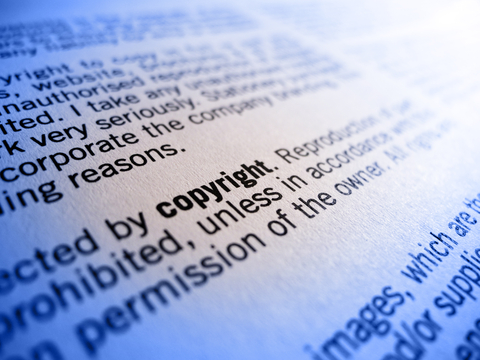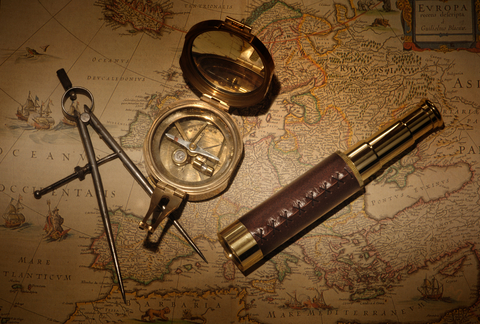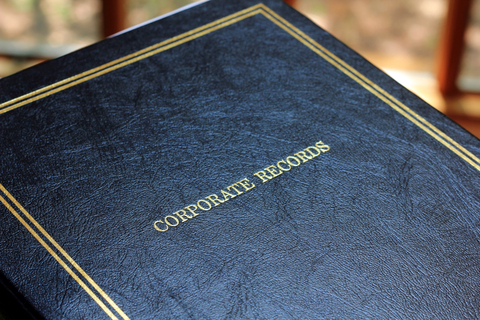After the search, now what?
We search for information all the time. We make decisions, take actions, move toward a goal, all based on what we find. As you’ve heard me say, though, finding information is only part of the process.
In previous posts, I’ve covered the first few steps in the process, including preparing for the search, selecting the best sources, and asking the right questions. Search results, interview responses, hard-copy court records. It’s all just raw data, so what now?
Step 4 in the Big6 model for research skills is using the information you find. A lot depends on the type of research you’re doing, and I’m going to address online searching, because all types of research and investigations have an online component.
In the Use of Information stage, you are asking, “What is worth using, and how am I allowed to use it?” Let’s look at each of those questions in more detail:
What’s worth using?
In an age of misinformation, disinformation, and deep fakes, what can you trust? With so much information available, how do you make sure you’re using just the highest quality?
Whether you’re searching the free web or premium databases, here’s a checklist to help you quickly evaluate what you find:
1. Accuracy – Verify your source’s sources. Do they say where they get the information? Check other sources, and see if you get the same results. Never rely on one answer.
2. Authority – Does the author provide their credentials, and what’s the publisher’s reputation? Do other sources point to this source? Remember, everyone is an author, and now we have AI-generated results.
3, Objectivity – Do you see any biases? Is there a sponsor? What’s the purpose of the information? (inform? persuade? advertise?) Make sure that purpose matches your use.
4. Dates – Is the information current, or, in the case of historical info, does it reflect the time period you need? I often see reports that include out-of-date addresses or job histories.
5. Coverage – What topics does this cover, and how do they fit into my information needs? Who is the intended audience? Is this professional-grade info, or is it meant for homework help?
Am I allowed to use it?
Just because you found some information on the internet, doesn’t mean you have the right to turn it into a PDF and use it in your report. Even a news article found through a paid database may have restrictions on sharing and using. And, yes, companies have been taken to court over copyright violations, so think of the financial and reputational costs before you use that content.
Here are a some tips for using what you find in a responsible manner:
1. Look for clues – Check for a copyright notice. Some content is meant for personal use only, so read the agreement or terms of usage before using for clients. When in doubt, ask, and always work under the assumption that there might be rules.
2. Cite your sources – Give credit, providing a link if available. You don’t need fancy APA-style footnotes. Just include enough information for someone to find it later.
3. Talk to a librarian – This is my shameless plug for the value of asking someone who is trained in the ethical and legal use of information. They can answer your question, and, if not, they’ll know who can.
Research is more than just finding. Make sure you’re using the best results available, and you’re giving credit where credit is due.



